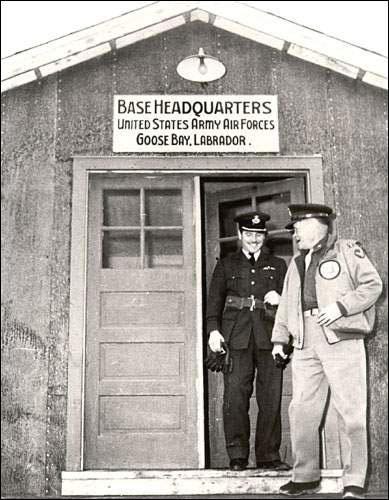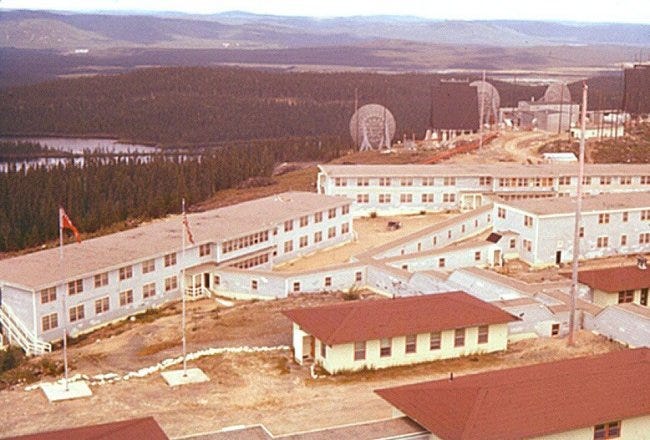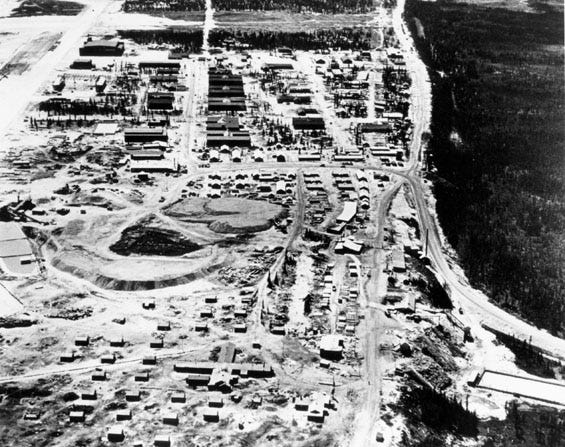Goose Bay: America’s War Playground in the North
A War Built on Bones
The history books say Goose Bay was a symbol of Allied cooperation. A frozen triumph of engineering during the dark days of World War II. But the history books are polite. They leave out the screams.
Because Goose Bay — Little America — wasn’t just built with steel and concrete.
It was built with human bodies. It was built with stolen wages, missing women, poisoned land, and a thousand little lies too ugly to print.
If you dig deep enough into the permafrost, you’ll find more than old nails and rusted barrels.
Building "Little America": Blood, Sweat, and Silence
When the Americans set their eyes on Labrador in 1941, they didn’t see a wilderness. They saw a blank slate. A place to build their fortress far away from enemy bombs and civilian eyes.
They needed it fast. They needed it big. And they needed it cheap.
So they brought in the desperate:
Newfoundlanders, battered by the Great Depression
Innu and Inuit men, some as young as fourteen, promised wages they would never see
European prisoners of war, captured in the early sweeps of the Atlantic naval campaigns
Most had no idea what they were signing up for. They thought they were getting jobs. They were walking into a meat grinder.
Life (and Death) at the Construction Site
There were no unions. There were no safety officers. There were no second chances.
Work days stretched up to 18 hours, sometimes 20 in the race against the Arctic winter. Gear was minimal — torn boots, thin jackets, bare hands to handle steel that could freeze the skin to the bone in seconds.
The mortality rate? Nobody officially recorded it. But locals who grew up hearing their grandfathers' stories whisper that dozens, maybe hundreds, died during the construction phase alone.
Some fell into construction pits and were buried under concrete without even a marker. Some froze to death after collapsing in the snow. Some simply "disappeared" into the endless white, never to be seen again.
If a worker dropped dead, they were replaced before the body got cold.
And if anyone complained? The Americans reminded them — politely, of course — that the war effort depended on their sacrifice.
Keep reading with a 7-day free trial
Subscribe to The Newfoundland History Sleuth to keep reading this post and get 7 days of free access to the full post archives.







